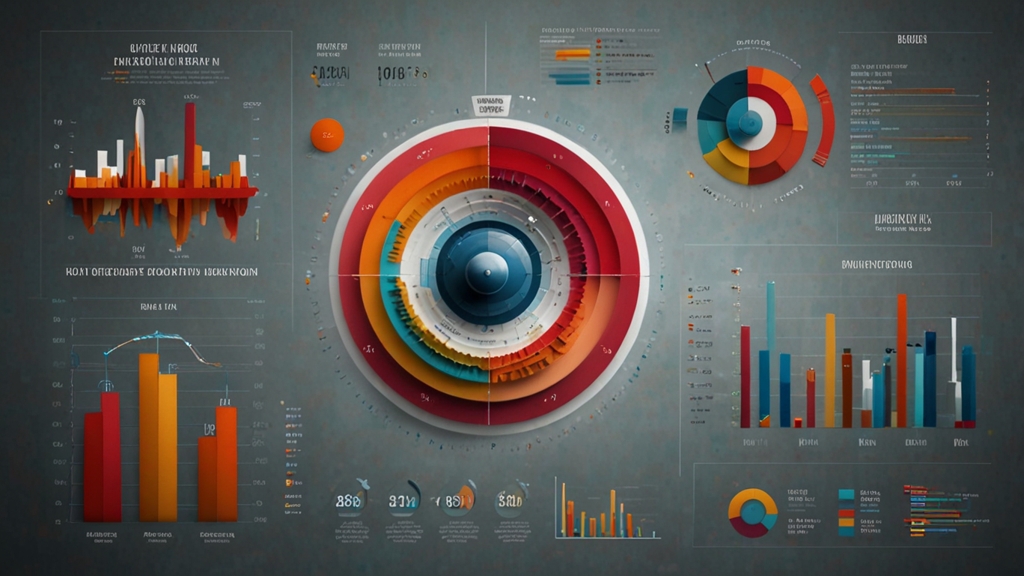Introduction
Ethical hacking, often referred to as "white-hat" hacking, plays an indispensable role in today's cybersecurity landscape. Unlike malicious hacking, ethical hackers break into systems to identify vulnerabilities and help organizations shore up their defenses against legitimate threats. From large corporations to small startups, businesses are increasingly relying on the skills and insights of ethical hackers. In this article, we'll delve into key lessons learned from the frontlines of ethical hacking.
Understanding the Importance of Continuous Learning
One of the most important lessons from the field of ethical hacking is the necessity of continuous learning. Cyber threats are constantly evolving, and staying ahead of bad actors requires an ever-expanding knowledge base. Ethical hackers must be committed to ongoing education through certifications, online courses, and hands-on practice.
The more you learn, the more you realize there is to learn. Constantly updating your skills and knowledge is non-negotiable in ethical hacking.
The Value of a Holistic Security Approach
Ethical hacking isn't just about exploiting a single vulnerability; it’s about understanding the broader security posture of an organization. Effective ethical hackers consider multiple aspects of security, ranging from network and application security to physical and social engineering attacks.
Organizations often miss this bigger picture, focusing solely on digital threats while neglecting physical vulnerabilities. Ethical hackers stress the importance of a comprehensive security strategy that covers all potential vectors of attack.
Collaboration is Key
Another crucial lesson is the importance of collaboration. Security is not a one-person job; it requires the collective effort of a well-coordinated team. Ethical hackers often work closely with software developers, IT staff, and even management to create robust security frameworks.
Furthermore, sharing knowledge and findings helps to bolster the overall security ecosystem. Many ethical hackers are active participants in cybersecurity communities where they share tools, techniques, and insights.
Effective security is a team sport. Collaboration, both within and outside the organization, is paramount to staying ahead of threats.
Ethics and Integrity Matter
While technical skills are essential, ethics and integrity form the backbone of ethical hacking. Trust is a critical component; organizations must have confidence that the information and vulnerabilities discovered by ethical hackers will be handled responsibly.
Adhering to a strict ethical code and obtaining necessary permissions before conducting any hacking activity are non-negotiable aspects of being an ethical hacker. This credibility not only enhances their reputation but also ensures they are contributing positively to the cybersecurity landscape.
Adaptability and Agility
Adaptability is another key lesson from the frontlines of ethical hacking. Cyber threats can emerge suddenly and evolve rapidly. Ethical hackers need to be agile, able to adapt their strategies and tools to meet new challenges as they arise.
In some instances, traditional methodologies and tools may not be effective against novel threats. The ability to think critically and innovate on the fly often makes the difference between a successful penetration test and a failed one.
Utilizing a Balanced Skill Set
A successful ethical hacker is often a jack-of-all-trades in the realm of cybersecurity. They need to have a balanced skill set that covers various domains such as web application security, network security, cryptography, and even knowledge of the legal aspects of hacking.
Being well-rounded enables ethical hackers to approach problems from multiple angles, providing more comprehensive insights and solutions to their clients. Moreover, specialization in one area while having a foundational knowledge in other areas makes them invaluable assets to any security team.
Final Thoughts
The teachings from the frontlines of ethical hacking are clear: continuous learning, collaboration, ethical integrity, adaptability, and a balanced skill set are the cornerstones of a successful career in this field. As cyber threats become more sophisticated, the role of ethical hackers becomes ever more critical. By adhering to these lessons, ethical hackers not only improve their craft but also contribute significantly to making the digital world a safer place.
Ethical hacking isn't just about finding vulnerabilities; it's about safeguarding the future.







